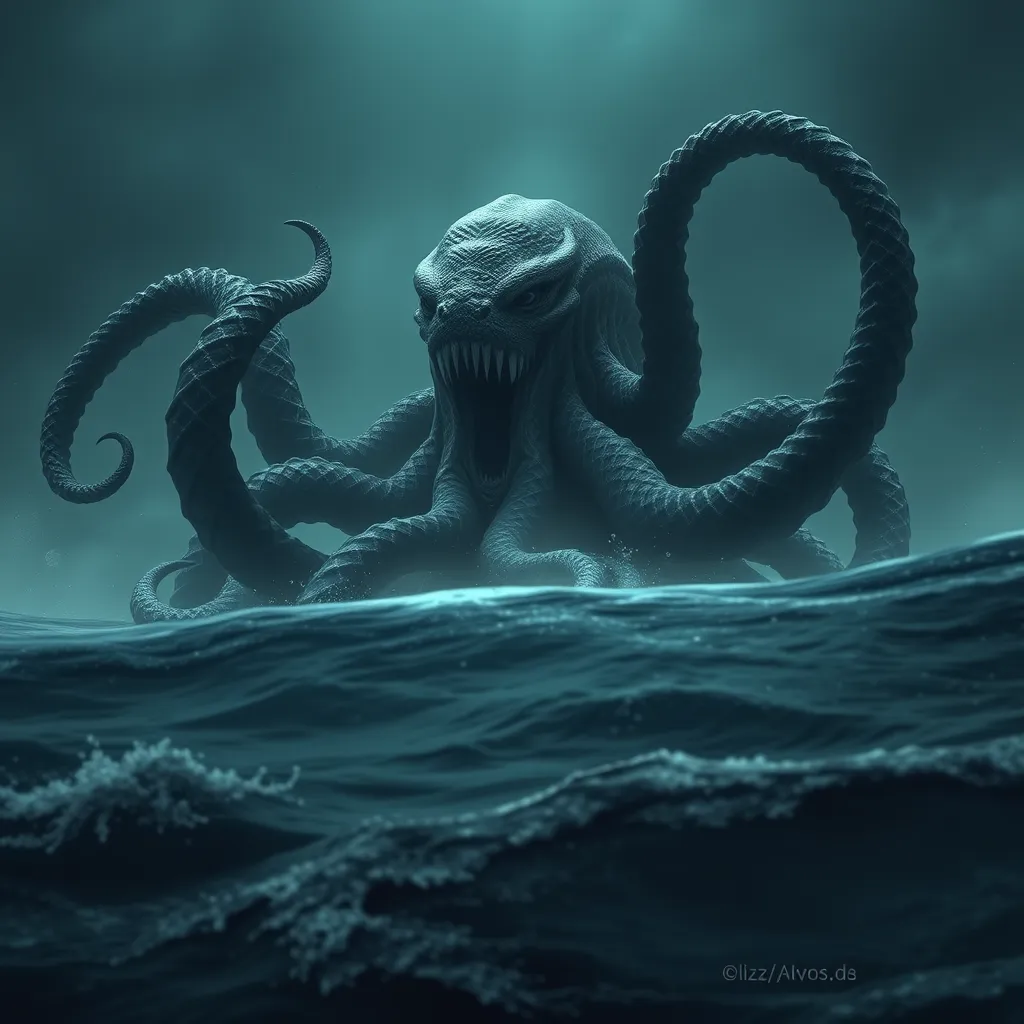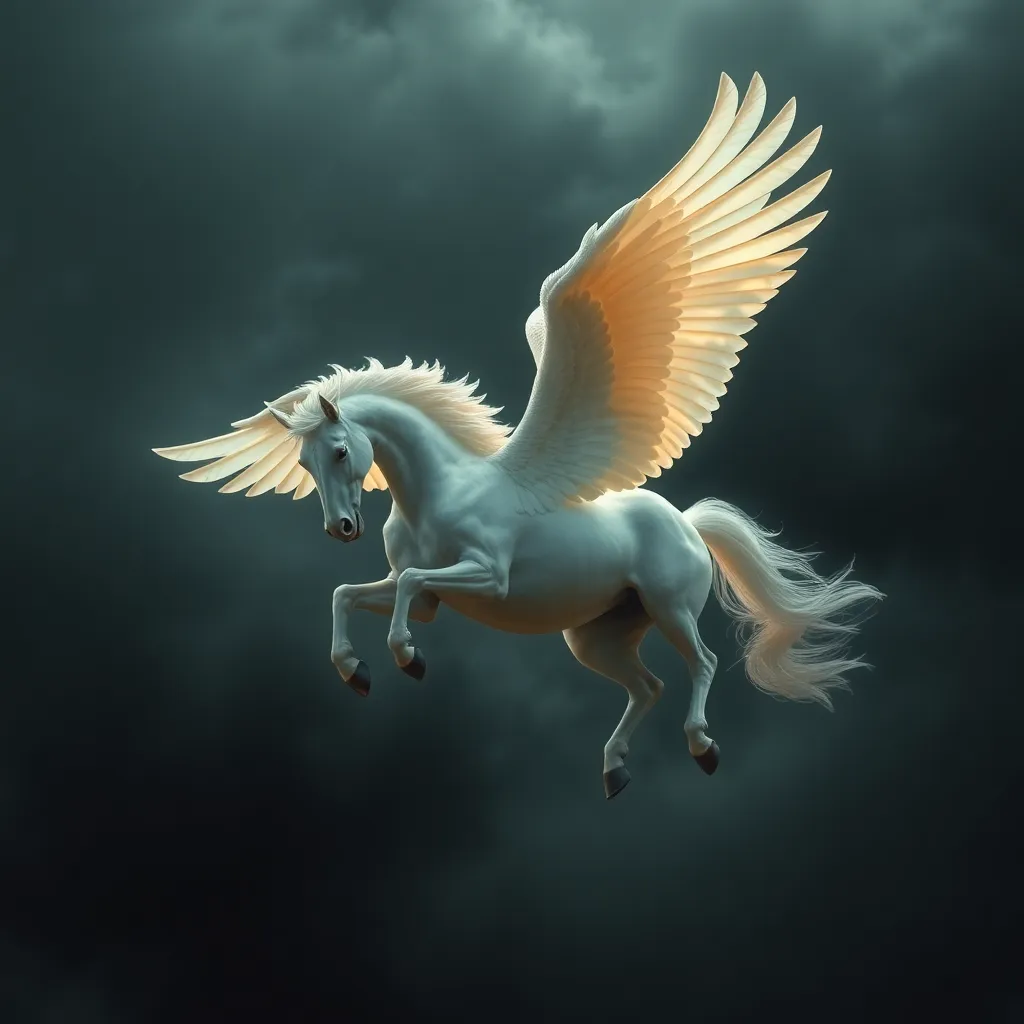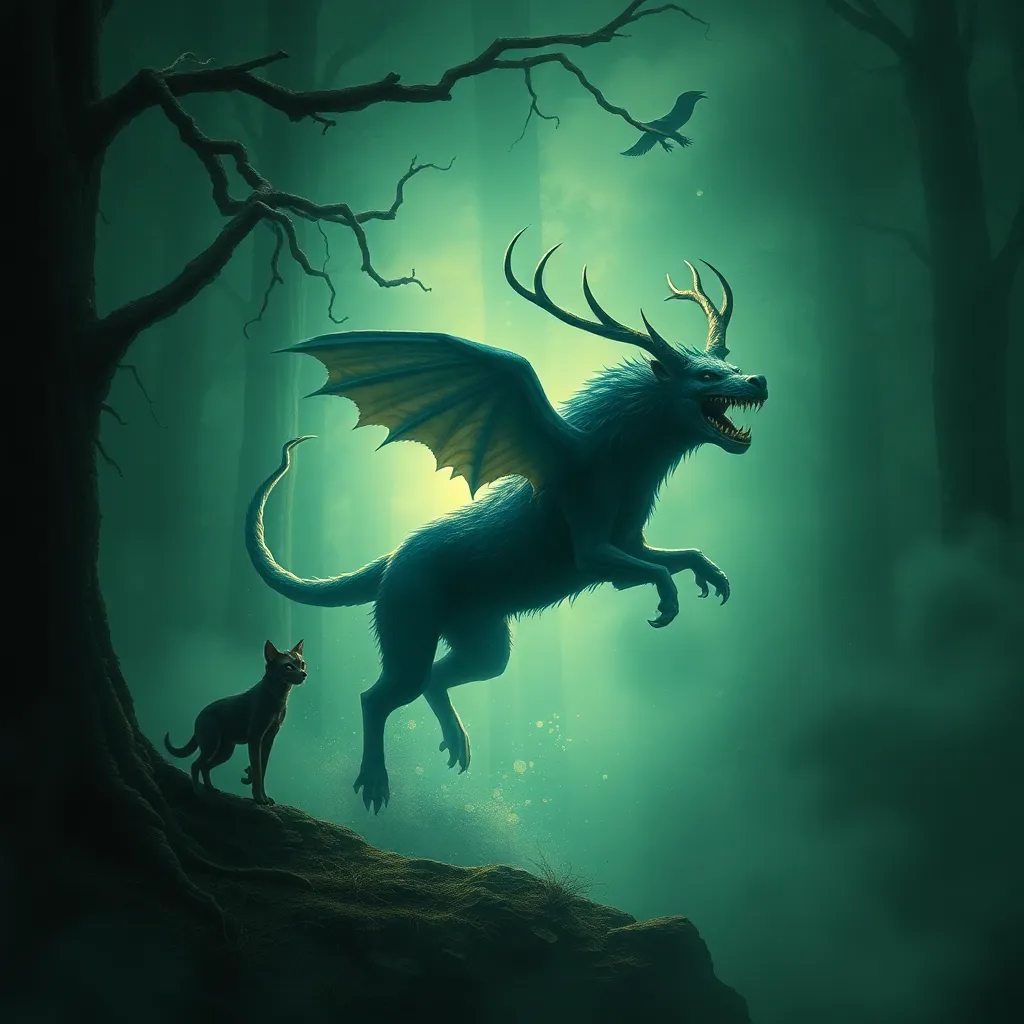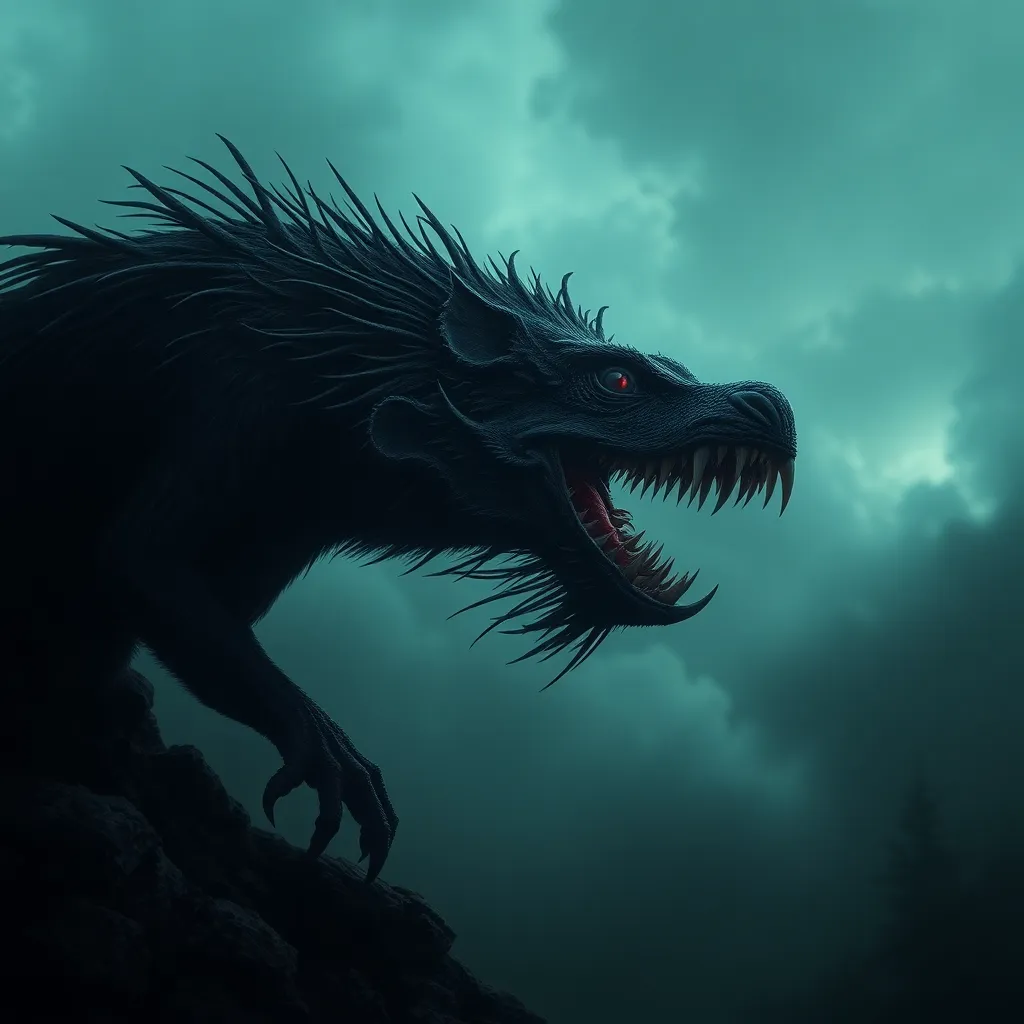The Kraken’s Extinction: Examining the Monster’s Potential for Disappearance and the Implications for Mythology
I. Introduction
The Kraken, a legendary sea monster, has long captured the imagination of sailors and storytellers alike. This mythical creature, often depicted as a giant octopus or squid, is synonymous with the mysteries of the deep ocean and the fears that accompany it. The allure of the Kraken lies not only in its monstrous form but also in its embodiment of humanity’s relationship with the sea and the unknown.
As an integral part of cultural narratives, the Kraken serves as a representation of the power and unpredictability of nature, as well as the human tendency to mythologize the unknown. However, the potential extinction of such a powerful symbol raises critical questions about the implications for mythology and cultural identity. This article aims to explore the potential extinction of the Kraken, examining its origins, the impact of modernity, and the broader implications for mythology.
II. The Origins of the Kraken Legend
The Kraken’s origins can be traced back to various historical accounts and folklore, primarily from Scandinavian and Norwegian seafaring traditions. Sailors of old would recount tales of massive tentacled creatures dragging ships into the depths, their stories often serving as warnings about the dangers of the sea.
Over time, the Kraken has evolved significantly in literature and popular culture. From Alfred Lord Tennyson’s poetry to cinematic representations in films like “Pirates of the Caribbean,” the Kraken has shifted from a terrifying monster to a more complex symbol. It embodies not only fear but also intrigue and wonder, reflecting the sea’s dual nature as both a source of life and a potential harbinger of doom.
As a symbol of the unknown, the Kraken represents humanity’s enduring fascination with the mysteries of the ocean. It serves as a reminder of the vast, unexplored territories that still exist in our world, urging us to confront our fears and curiosity regarding the sea.
III. Theoretical Extinction Scenarios
Considering the Kraken as a potential real-life creature prompts discussions about theoretical extinction scenarios. Several environmental changes and human activities threaten marine ecosystems, which could lead to the disappearance of large marine animals, possibly including those that inspired the Kraken myth.
- Environmental Changes: Climate change, ocean acidification, and rising sea temperatures are altering marine habitats, affecting biodiversity and the survival of marine species.
- Human Activities: Overfishing, pollution, and habitat destruction pose significant risks to marine life, jeopardizing the survival of large creatures that could be the basis for Kraken legends.
- Scientific Perspectives: While the Kraken is often considered a mythical creature, some scientists suggest that large cephalopods could exist in the deep sea, indicating a need for further exploration and research.
IV. Mythological Implications of Extinction
The potential extinction of the Kraken raises significant questions about what this symbolizes in human consciousness. Mythical creatures like the Kraken are more than just stories; they represent fundamental aspects of human experience and cultural identity.
Should the Kraken disappear from our cultural narrative, the implications would be profound:
- Human Consciousness: The Kraken symbolizes humanity’s fears, ambitions, and the unknown. Its extinction may signal a loss of connection to those primal emotions.
- Cultural Identity: Myths like the Kraken contribute to a shared cultural identity, weaving together stories and traditions that define communities. A shift in these narratives could alter that sense of belonging.
- Shifts in Narratives: The disappearance of the Kraken could lead to a vacuum filled by new myths, potentially reflecting contemporary issues such as environmental concerns or technological fears.
V. The Kraken in Modern Pop Culture
The Kraken continues to thrive in modern pop culture, appearing in various forms of media, including movies, literature, and video games. Its portrayal ranges from fearsome beast to misunderstood creature, reflecting contemporary attitudes toward nature and mythology.
- Movies: The Kraken has been featured in films like “Clash of the Titans” and “Pirates of the Caribbean,” where it often represents chaos and the primal forces of nature.
- Literature: Authors such as H.P. Lovecraft have incorporated the Kraken into their works, using it as a metaphor for existential dread and the insignificance of humanity in the vast universe.
- Video Games: The creature appears in popular video games, allowing players to engage with the myth in interactive ways, often as a formidable foe or a majestic entity.
The narratives surrounding the Kraken influence contemporary myth-making, shaping public perception of mythical creatures and their relevance in today’s world.
VI. The Intersection of Science and Mythology
The relationship between science and mythology offers unique insights into the understanding of mythical sea creatures like the Kraken. Marine biology plays a crucial role in deciphering the realities behind these legends.
Scientific discoveries can often reshape mythological beliefs:
- Marine Biology: Research into deep-sea creatures has revealed fascinating species that resemble the Kraken, such as giant squids and colossal squids, blurring the lines between myth and reality.
- Scientific Discoveries: As marine scientists uncover new species and understand ocean ecosystems better, they contribute to a richer understanding of the narratives that surround mythical creatures.
- Case Studies: Other mythical creatures, such as mermaids and sea serpents, have real-life counterparts that have shaped their legends, demonstrating how science can validate aspects of mythology.
VII. Preservation of Mythology in the Face of Extinction
In a world facing rapid change, preserving mythology becomes essential. The stories we tell shape our cultural heritage and identity. Strategies for keeping myths like the Kraken alive include:
- Storytelling: Engaging in storytelling practices ensures that cultural narratives are passed down through generations, adapting to contemporary contexts.
- Educational Initiatives: Incorporating mythology into educational curricula can promote awareness and appreciation for these narratives.
- Creative Expressions: Encouraging artists, writers, and filmmakers to explore mythological themes can lead to the emergence of new stories that resonate with modern audiences.
New myths can emerge from the loss of old ones, reflecting the evolving human experience and our ongoing relationship with nature.
VIII. Conclusion
As we reflect on the legacy of the Kraken in mythology, it becomes clear that the potential extinction of such a powerful symbol carries broader implications for cultural narratives. The Kraken, with its deep-rooted presence in human consciousness, serves as a cautionary tale about our relationship with the environment and the unknown.
In embracing and preserving our mythological heritage, we can foster a deeper understanding of ourselves and the world around us. The evolution of mythology is an ongoing process, and as we navigate modern challenges, the stories we tell will continue to shape our cultural identity. We must cherish and safeguard these narratives, ensuring that the Kraken, whether it exists in reality or myth, remains a vital part of our collective imagination.



